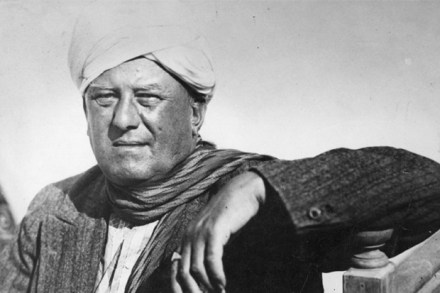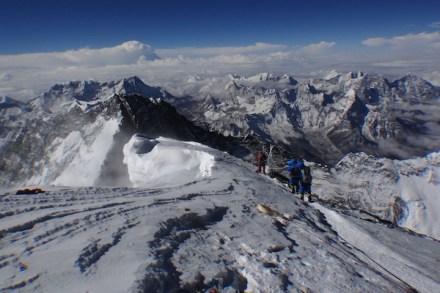K2’s fatal attraction
Take one drug-addled occultist, one forlorn aristocrat, an assortment of urgent colonials and you have, no, not the western canon but the earliest expeditions to K2, the second-highest mountain in the world after Everest. First measured in 1856 by Lieutenant Thomas George Montgomerie, it stands at 28,251 feet, on the present-day border of Pakistan and













